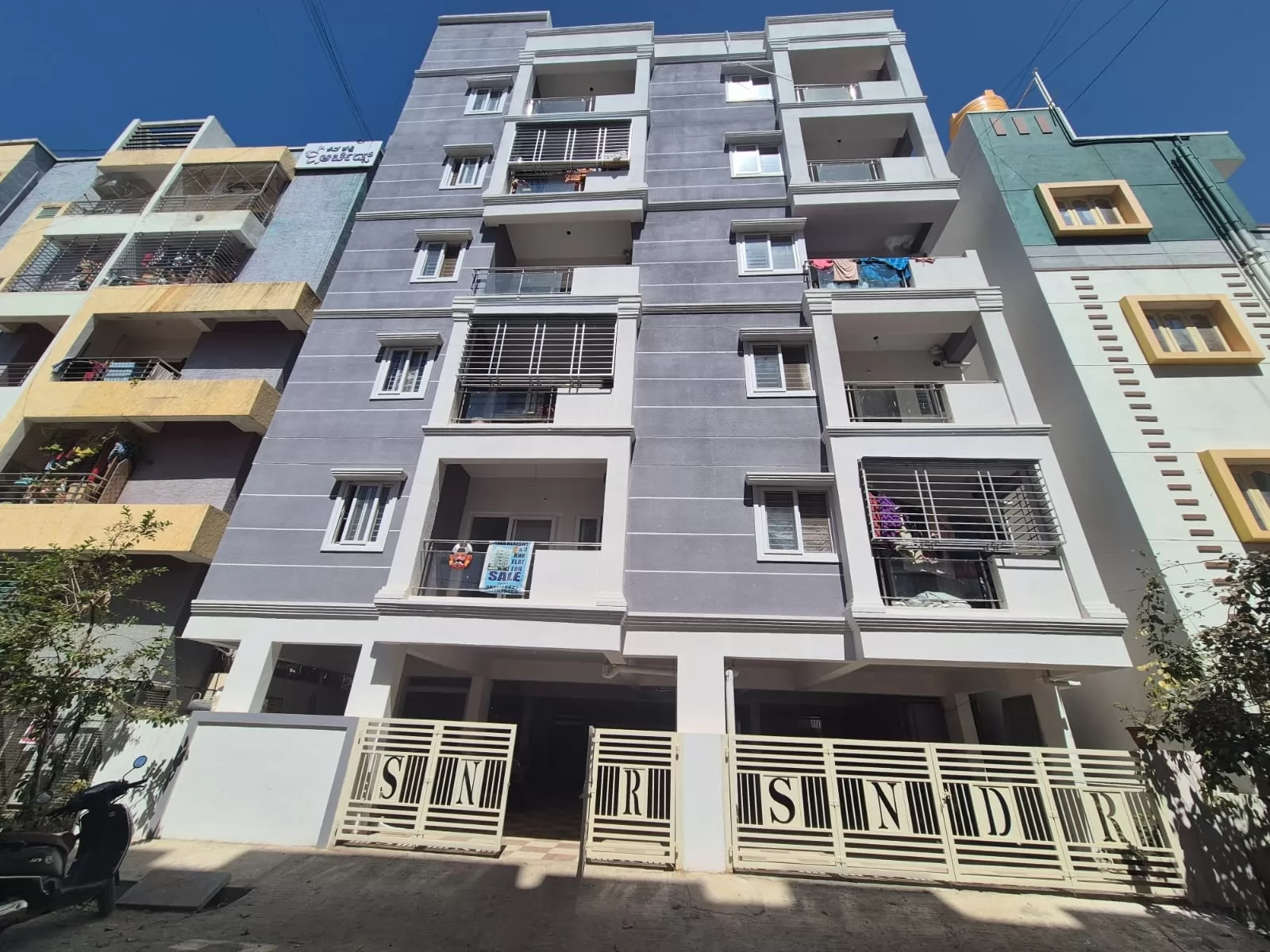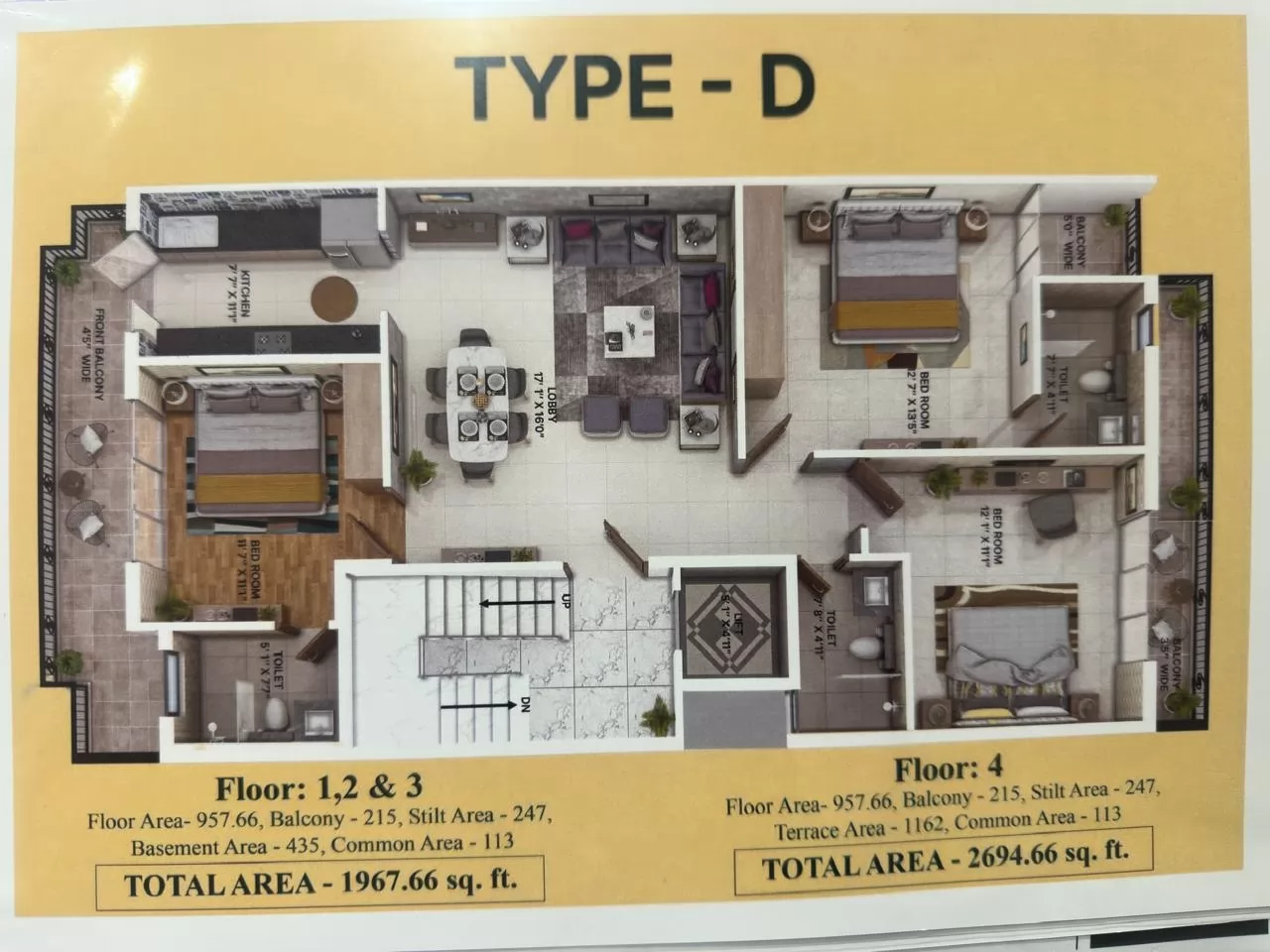Putting money into a second residence? Before you finalise the deal, bear in mind these five points
By Bricksnwall | 2025-04-19

When owning a second residence, look for areas with high capital growth and rental yields, particularly those with developing infrastructure.
On the recommendation of a friend, Charan Singh, a
42-year-old businessman from Delhi, made an investment in a house in Kochi
after learning that property values there were increasing gradually. Singh,
however, wants to sell it because he rarely has time to travel to Kochi while
he is living in Delhi, and the house has been vacant for more than a year.
When buying a second property, look for areas with
high capital growth and rental yields, particularly those with planned
infrastructure.
Purchasing a second home as an investment can be
wise, but there are certain considerations to make.
1. Evaluate your financial status
"This is not for personal use; it is a pure
investment. As a result, one must just use the intellect and remove the heart
from the reasoning process. None of these investments have any sentimental
value. When making a choice, it is crucial to act solely for financial or
investment reasons, advises B. Srinivasan, director and founder of the
financial planning company Shree Sidvin Investment Advisors.
Ideally, a household's overall EMI obligations
should not surpass 30% to 40% of the family's take-home pay as a general
guideline of financial prudence.
"A person may think about taking out a new
loan if their present EMI obligations are much below this limit. Sunil Dewali,
co-CEO of Andromeda Sales and Distribution pvt Ltd, the parent firm of
Andromeda Realty Advisors, advises against taking on any more debt,
nevertheless, if EMIs are already taking up 30–40% of income.
In any case, you ought to control at least 50% of the new property's worth. Your loan should not exceed fifty percent of your purchasing price. Additionally, you should be able to pay the EMI if you are not renting. All of this matters when making a purchase. "Everything else comes second," Srinivasan says.
2. Location. Location, Location
The goal of the purchase greatly influences the type and location of the second home. Depending on your tastes, you might favour places like hill stations, coastal towns, or religious sites if you're purchasing it as a lifestyle asset—to use as a weekend escape or vacation resort.
But if investment is the main goal, attention
should be directed towards places with high potential for both capital growth
and rental income, according to Dewali.
Locations experiencing significant infrastructure
development, enhanced connectivity, fast industrialisation, and economic growth
have historically produced stronger rental returns and faster property value
growth.
3. If a tenant complained about a leaking bathroom, how would you respond?
Honest self-evaluation in a variety of areas is
necessary to determine one's risk tolerance for real estate investing.
Think about your financial stability—your capacity
to tolerate protracted periods of vacancy, unforeseen repair needs, or changes
in the value of your property. Assess your stress reaction to unforeseen
events, such as uncooperative renters or changes in laws that impact property
ownership, advises real estate consultant Prashant Thakur, regional director
and head of research at ANAROCK Group.
All of our investments ought to be fully within our
control. When purchasing a property outside of your current city, it is
important to be clear about your understanding of the topography, demographics,
intended user, and location of the property, according to Srinivasan. Who will
be looking after the property while you're away? How will you respond if the
tenant calls and claims that the bathroom is leaking?
4. Examine the possibility of rental
Assessing rental yield is crucial when purchasing a
second property, especially if the property was purchased primarily as an asset
that generates income.
Analyse the target location's rental demand, going
rates, and occupancy trends in-depth. Especially in holiday spots where there
can be substantial differences between peak and off-peak rental prices, take
seasonal variations into account. Determine the possible return on investment
by contrasting the anticipated yearly rental income with the entire cost of
acquisition and continuing expenditures, advises Thakur.
5. Make a departure plan
It's a smart investing plan to have a clear exit
strategy before buying a second property. Property liquidation may eventually
be required as a result of shifting financial objectives, personal
circumstances, and market conditions.
When the time comes, a planned exit strategy aids
in making unbiased selections as opposed to sentimental ones. "Take into
account several exit strategies, such as selling the enterprise altogether,
using the equity to fund more ventures, or giving the asset to family members.
Strategic positioning for eventual disposal is made possible by an understanding
of the property's marketability criteria, which include target buyer segments,
location attractiveness, and distinctive selling propositions, according to
Thakur.
To optimise returns when carrying out your exit strategy, you need also become knowledgeable about the tax ramifications of property disposal, including capital gains concerns.
Source: Hindustan Times







